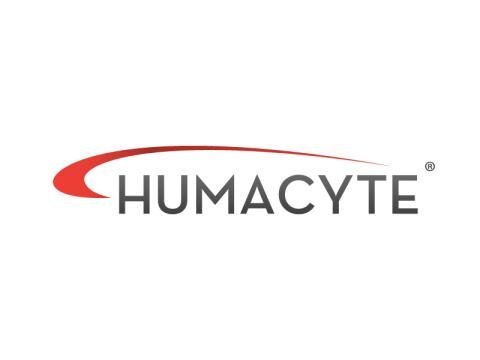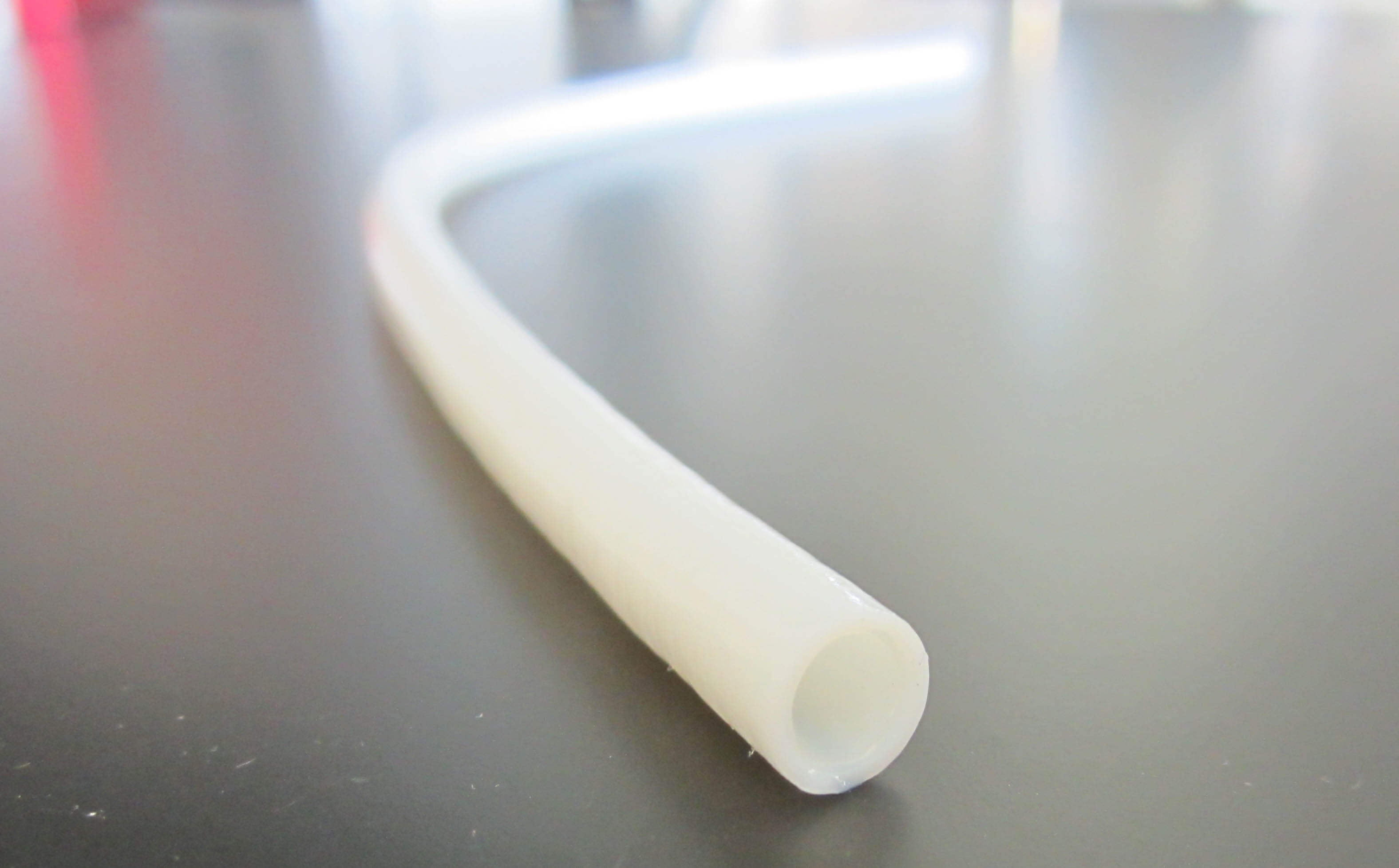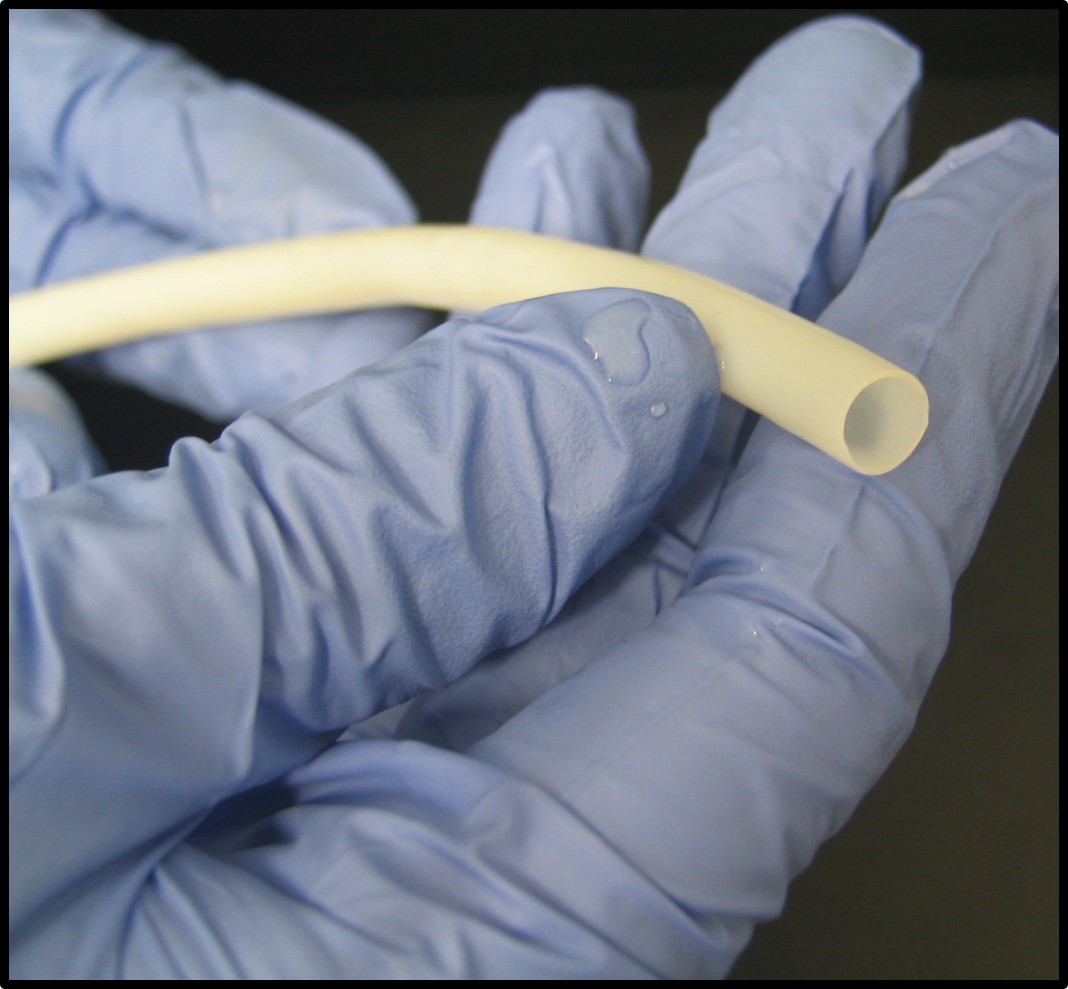
Humacyte Receives $18 Million to Test Bioengineered Blood Vessels
By Barry Teater, NCBiotech Writer
 Humacyte, a Morrisville-based regenerative medicine company bootstrapped with early funding from the North Carolina Biotechnology Center, has received more than $18 million from three sources to help test and commercialize its bioengineered blood vessel, Humacyl.
Humacyte, a Morrisville-based regenerative medicine company bootstrapped with early funding from the North Carolina Biotechnology Center, has received more than $18 million from three sources to help test and commercialize its bioengineered blood vessel, Humacyl.
The company separately received a $14.1 million grant from the California Institute for Regenerative Medicine (CIRM), a $3.4 million contract from the U.S. Department of Defense and a $650,000 grant from the Medical Technology Enterprise Consortium (MTEC).
The funding will support testing of Humacyl in patients with kidney disease and its potential for treating traumatic vascular injuries from violent civilian or military events such as car crashes, industrial accidents or war injuries.
The company is developing Humacyl to be an off-the-shelf, ready-to-use blood vessel substitute that can be easily stored until doctors and patients need it.
Hemodialysis applications
The CIRM funding will support a new clinical trial comparing Humacyl to arteriovenous fistulas, the standard of care for creating vascular access in patients undergoing hemodialysis. The study will test Humacyl as a conduit for hemodialysis in 240 patients with end-stage renal disease who require renal replacement therapy.
 |
| A sample of Humacyl. -- Humacyte images |
Humacyte said the goal of the new study will be to show surgeons that Humacyl is a safe and effective alternative for patients who need a new or replacement fistula, as well as those for whom a fistula is not the best option.
“CIRM recognizes the challenges faced by more than 465,000 patients in the U.S. undergoing hemodialysis procedures with few effective vascular access options available to them, and we deeply appreciate this significant support,” said Carrie Cox, Humacyte’s chair and CEO.
“With Humacyl, we hope to realize our vision to provide better healthcare options for patients through a more durable, biological alternative, while lowering the costly and deadly risk of infection and higher rates of abandonment of current synthetic alternatives,” Cox said.
CIRM, a California state agency that funds research in cell-based treatments for unmet medical needs, previously provided $9.9 million to Humacyte in 2016 to support the company’s Phase 3 clinical trial of Humacyl for the treatment of end-stage renal disease. That ongoing study is comparing Humacyl to plastic grafts in patients who are not candidates for fistulas.
Humacyte recently completed enrollment of 350 patient volunteers for the trial. The company said 12-month post-implantation patient data from the study should be available in late 2018.
With this data, Humacyte said it plans to file a Biologics License Application with the U.S. Food and Drug Administration to seek marketing authorization for Humacyl. To expedite the review process, the FDA granted Humacyte the Regenerative Medicine Advanced Therapy designation earlier this year.
Military applications
The Department of Defense funding will help support the addition of clinical sites for Humacyte’s Phase 2 trial of Humacyl for treating traumatic vascular injuries.
| Jeffrey Lawson, M.D., Ph.D., Humacyte's chief medical officer |
“Vascular trauma remains a major cause of morbidity and mortality among warfighters,” said Jeffrey Lawson, M.D., Ph.D., chief medical officer of Humacyte. “Our goal is to provide military ̶ and civilian ̶ surgeons with a safe and effective tool for long-term restoration of blood flow.”
Using a soldier’s own vessel for vascular reconstruction is frequently difficult or not possible due to the nature and extent of common combat-related injuries, Lawson said. Currently used synthetic materials may be poorly suited for vascular reconstruction in combat settings due to the extreme risk of infection with these injuries, he said.
The MTEC funding will also support potential military applications of Humacyl.
“With backing from a collaborative national consortium such as MTEC, we hope to further explore the potential of Humacyl for vascular trauma and to test the stability of our vessel under a range of environmental conditions,” said Ted Lithgow, Ph.D., chief operating officer of Humacyte.
MTEC is a national consortium of industry, academia and nonprofit organizations collaborating with multiple government agencies under an agreement with the U.S. Army Medical Research Acquisition Activity. Its mission is to provide the Army with cutting-edge technologies and medical solutions that protect soldiers’ health and optimize their performance.
Retired Army Major Gen. Lester Martinez, M.D., M.P.H., president and chairman of MTEC’s board, said, “This research embodies the mission of MTEC, to accelerate solutions that restore health for America’s military and veterans. This technology has the potential to make profound differences in wounded warfighters’ lives – to help recover their abilities after severe battlefield injuries. The MTEC membership is proud to be part of an effort to make them whole again.”
Novel technology
 Unlike most regenerative medicine companies, Humacyte does not directly use a patient’s own cells as therapies or products. Instead, it uses a proprietary cell-culture technology to engineer tissues that can be shaped into tubes, sheets, or particulate conformations, with properties similar to native tissues.
Unlike most regenerative medicine companies, Humacyte does not directly use a patient’s own cells as therapies or products. Instead, it uses a proprietary cell-culture technology to engineer tissues that can be shaped into tubes, sheets, or particulate conformations, with properties similar to native tissues.
Humacyl is derived from banked human vascular cells that are seeded onto a degradable scaffold and then cultured so they secrete a matrix that forms a tissue in the shape of the scaffold. The vascular cells are then removed to avoid triggering an immune response in patients receiving the tissue.
The resulting vessels are known as human acellular vessels.
Humacyte said its product pipeline includes other potential applications that may improve treatment outcomes for patients suffering from both vascular and non-vascular diseases.
The company recently began a Phase 2 clinical trial of Humacyl as a lower-extremity arterial bypass vessel in patients with peripheral arterial disease.
Major funding, accolades
NCBiotech awarded Humacyte a $150,000 Small Business Research Loan in 2006. In October 2015 the company raised $150 million in a Series B preferred stock financing ̶ among the largest ever by a life science company in North Carolina.
This summer Humacyte was selected as one of the World Economic Forum’s 30 “Technology Pioneers” for 2017. The honor is given to companies around the world that have new technologies and innovations poised to impact business and society.
“Humacyte is a beacon for the innovators statewide who drive North Carolina’s global life science leadership,” said Mary Beth Thomas, Ph.D., vice president of NCBiotech’s Centers of Innovation Program. “It’s a perfect example of why NCBiotech is committed to working to align life science entrepreneurs with national defense initiatives, to grow defense spending here that can benefit soldiers and civilians alike.”
Humacyte is a privately held company founded by Laura Niklason, M.D., Ph.D., in 2004.
